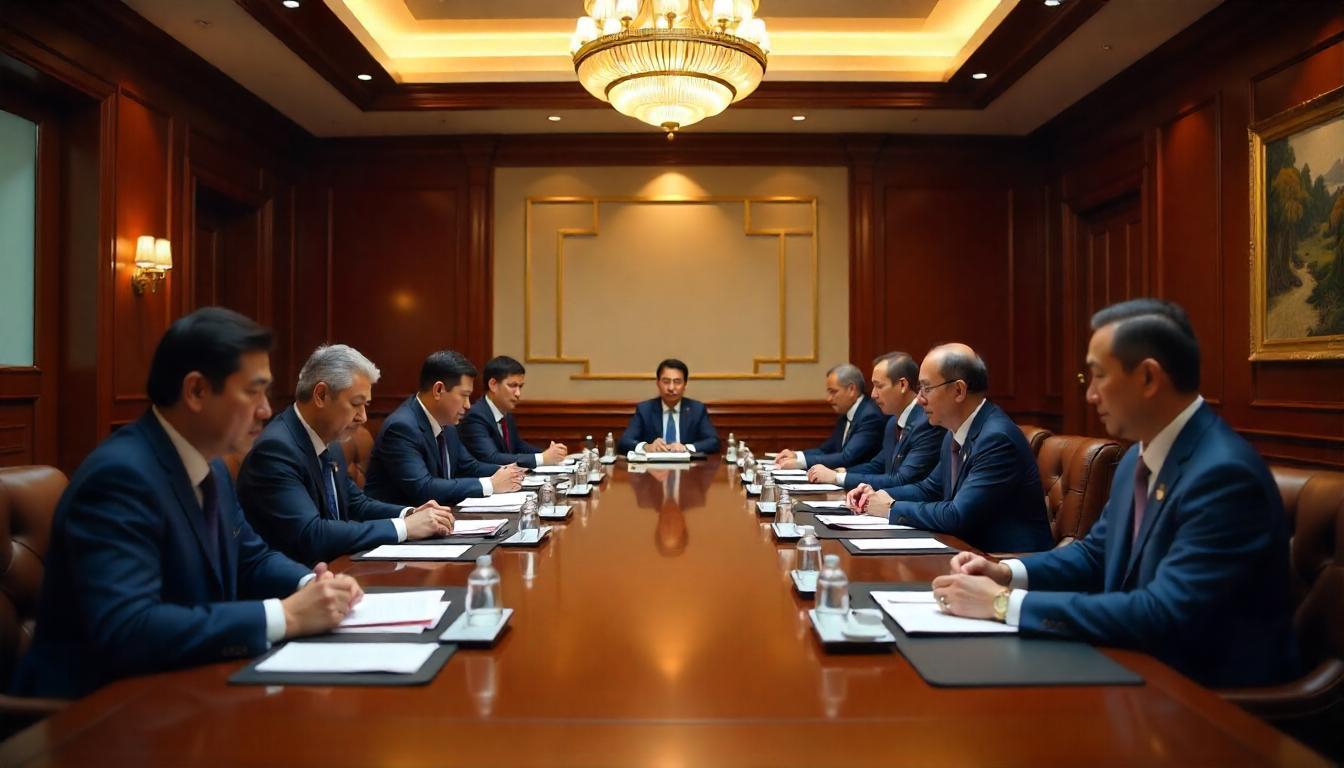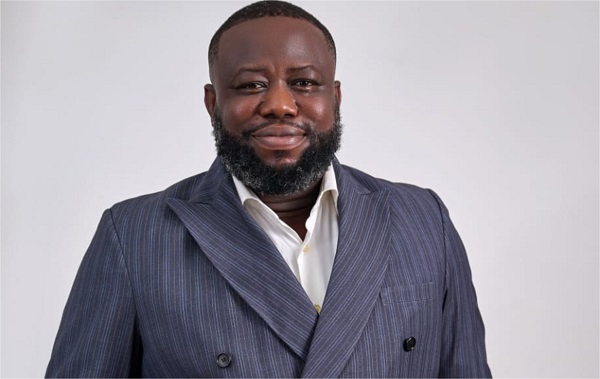To recuse or not to recuse? The Seattle City Council debates an ethics conundrum
The Seattle City Council is scheduled to debate a change to the city's ethics policy Thursday. Current rules require council members to recuse themselves if they have a financial conflict of interest, which can mean some districts aren't fully represented in a vote. A proposed bill would make it easier for members to vote on legislation they have an interest in, but still require them to disclose any potential conflicts.
Seattle Times staff reporter David Kroman covers Seattle City Hall. He told KUOW’s Paige Browning about what led to the debate, and what he expects going forward.
This interview has been edited for clarity.
: The bill is coming from Councilmember Cathy Moore, though she is proposing it on the advice of the head of the city's ethics commission, Wayne Barnett. A lot of the arguments are coming from him, which is perhaps a little counter-intuitive, that the head of the ethics commission is proposing this change. His argument is that the current rules in our system of district representation make it so that if somebody does have a perceived conflict of interest and can't vote on a bill, then the people who live in that district who, unlike previously when we had nine city-wide council people, they only have three, one district person and two city-wide, so if one of the district people has to recuse themself [constituents have] basically lost a third of the representation of the vote.
He says that rolling back the requirement that council members recuse themselves sort of increases the amount of representation for people, and allows members to vote on issues that might be important to their constituents.
The question of whether it's problematic or controversial kind of depends on whom you ask. Some people say it's working as intended, but the examples mostly have to do with wages in Seattle. There were two votes last year, one regarding the kind of overall minimum wage for small businesses. The other, specifically minimum wage for app-based delivery drivers. In both of those cases, it was looking like one or two council people at least were going to have to recuse themselves.
As a result, neither of those pieces of legislation advanced. I think there were a few reasons for that, but certainly the fact that a number of city council people could not have participated probably made their path basically hit a dead end.
Councilmember Moore and Council President Nelson support it. That's pretty much all we have on the record as far as who supports it. There is pretty intense opposition to it as well. Two council members have come out against it, Alexis Mercedes Rinck and Dan Strauss. We've also seen former Councilmember Kshama Sawant show up in council chambers saying this rollback, as she's describing, it, will open the path for council people to enrich themselves on the dais.
There is some sense that this change, too, is a precursor to a bill regarding landlord-tenant regulations, because there is at least one member who may have to recuse herself if they take up more landlord-tenant regulations. So, there is a fear among some people that by passing this bill, it will make it easier for this council to kind of roll back some regulations for tenants.
And so, the opposition right now is kind of coming most vocally from the progressive left, but there are examples in the past too, of more moderate politicians being opposed to this, basically arguing it would erode people's trust in government. I think that's still some of the argument that we're hearing today, that at a time when people are losing trust in government more broadly, both in perception and reality, this measure could make it so people have a harder time trusting their local government.
An ethics conundrum. What's next?
There's a committee vote tomorrow. I think that will be a very intense conversation. I think there will probably be some proposed amendments. I don't know what those will look like exactly. And then, depending on what happens, it'll have to go to the mayor's office, and that will be a tricky decision for the mayor to make, particularly in an election year for him. I don't think it's guaranteed that this mayor will support that. It's got a politically challenging path forward, so we'll see what happens.
Listen to the interview by clicking the play button above.










